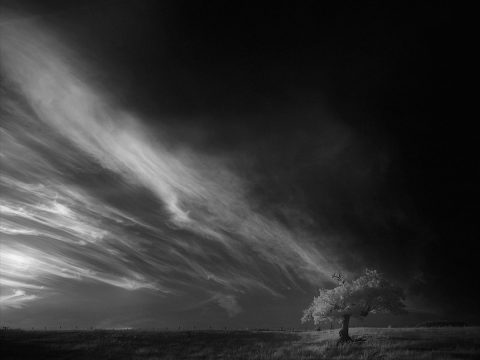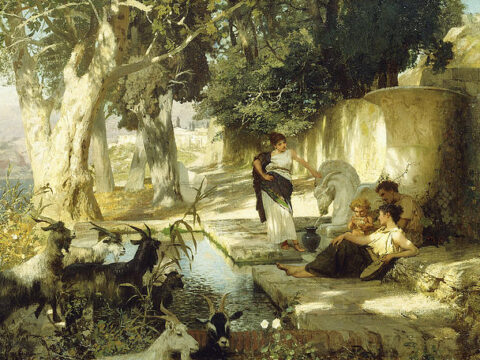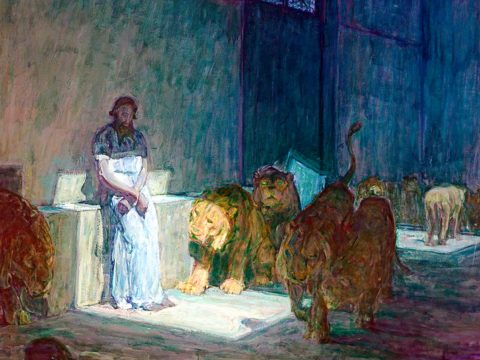
The best men dwell more upon their worser part, their ignoble part—than they do upon their noble part, their better part.
In Isaiah 6:5, “I am a man of unclean lips,” says that humble soul. So humble Job cries out of the iniquity of his youth, Job 13:26, 40:5. Humble David, Psalm 51:3, sighs it out, “My sin is ever before me.” So humble Paul, Romans 7:22-23, complains, that he “has a law in his members warring against the law of his mind, and leading him captive to the law of sin;” and that, “when he would do good, evil was present with him.” A humble soul sees that he can stay no more from sin than the lungs can from breathing, and the pulse from beating; he sees his heart and life to be fuller of sin, than the sky is of stars; and this keeps him humble. He sees that sin is so bred in the bone, that until his bones, as Joseph’s, be carried out of the Egypt of this world, it will remain.
Though sin and grace were never born together, and though they shall not die together; yet while the believer lives, these two must live together; and this keeps them humble.
As the peacock, looking upon his black feet, lets fall his plumes—so the poor soul, when he looks upon his black feet, the vanity of his mind, the body of sin that is in him—his proud spirit falls low.
The best men on this side heaven are narrow vessels: they are able to receive and take in but little of God. The best men are so full of the world, and the vanities thereof, that they are able to take in but little of God. Here God gives his people some tastes, that they may not faint; and he gives them but a taste, that they may long to be at their eternal home, that they may keep humble, that they may sit loose from things below, that they may not break and despise bruised reeds, and that heaven may be the more sweet to them at last.
Thomas Brooks. The Unsearchable Riches of Christ.



